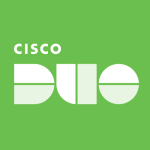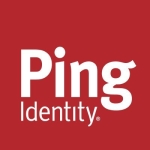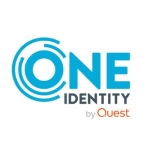The solution is really important to ensure double authentication for the user. For example, if you have an internal messenger and you want to ensure the access externally for users, you can implement the two-factor authentication. Also, for the VPN, you can implement two-factor authentication to avoid any kind of hacks.
If you want some other FortiAuthenticator from one site to another site, you should have requirements, but really if you have authentication and directory or another solution, you should change the password of the authenticator between the solution and the directory and other things. So the transfer of data and other information should be simpler.
In the future, I think h02.exe is very important to authenticate users internally. To economically move the person from vnom to vnom. Also, the ESO to ensure the authentication of users should be a bit more automated.
I've been using the solution for one year.
In my opinion and my experience, I didn't have any problem with the solution, just the requirements for other solutions that we should integrate with it. I think the solution is easily implemented, and, in my opinion, there is no problem with this solution. Just a bit of correction is needed, and that's it.
My impression is that the solution is good and I like it and I would work with it for another project and increase my skill on the solution.
I have worked with them, so I like the technical support of Fortinet. I would give them a good mark.
The initial setup is so easy and there is no problem in the implementation. We can implement it easily in a different kind of infrastructure.
I started working on FortiAuthenticator from last year. I have had a chance to deploy many, many projects on FortiAuthenticator. I deploy 10 next-gen projects on FortiAuthenticator. I deploy many defensive scenarios. Also, I have good experience with large products.
You should make sure to implement the requirements via experts like me, so you can implement the product carefully. In that way, you can use it clearly in a simplified manner.
For FortiAuthentication, it's a good price in comparison to any other competitor. Other products are so expensive, and the features are the same. There might be a bit of difference between the two products, but if you want just double authentication and some other features, I think I recommend the FortiAuthenticator, and it is low cost and has other defenses.
In my opinion, I recommend the solution. You can also use it for other things like h02.exe for authentication of users. Also for ESO. There are five things you can use it for, so I recommend the product. The low cost is very important for any customer.
I would rate this solution eight out of 10.


















